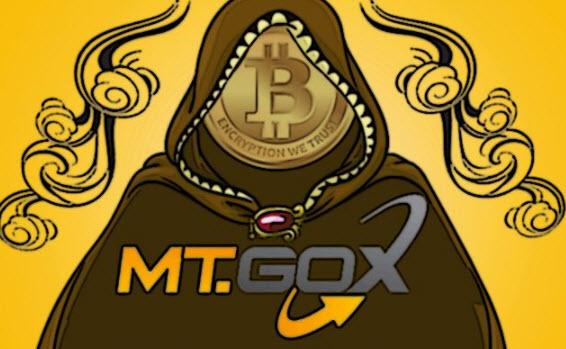For someone who has lived through the .com bubble the madness currently unfolding in the crypto space is just plain breathtaking. It is quite awe inspiring to see people make the exact same mistakes they made 17 years ago. Of course, today’s investors are likely different people who, for the most part, have not lived through the .com bubble.
Those of you who are looking to read more about the topic or learn some basics about cryptoassets can check the end of this blog post, where I am simply collecting some interesting links that I believe are worth a look.
Before we start
I need to establish some basic definitions. To me, there are three different kinds of Cryptoassets:
a) Cryptocurrencies := Cryptoassets that are mainly used to store value, speculate or transact on the blockchain. Examples are Bitcoin, Litecoin and Dash as well as ZCash.
b) Platforms or true Utility token := Cryptoasstets that enable decentralized applications (DApps) or enable other token to trade on their blockchain. Examples would include Ethereum, Lisk, Blockstack or Tezos (when they launch)
c) Security token := any and all ICOs that are sold to investors so that they can speculate on the progress of a start up. This would include TenX, Monaco, Status and Iconomi amongst a host of others.
Parallels to the .com bubble
Back in 1999 and 2000 the stock market went crazy about anything related to the internet. These are the parallels to today:
- ICO = IPO
In the late nineties and early 2000s there was an IPO (initial public offering) boom. The Nasdaq was driving new highs every day and new public companies would list there or on any of the “New” or “Tech” market segments established by other stock exchanges. If you took part in the bookbuilding process and bid for stock during the IPO, you were often able to double your money on day one of trading. Everyone was taking part — institutions, high net worth investors and your local retail guy who worked at Walmart or drove a cab. As a matter of fact cab drivers handed out tips of the next hot IPO to their riders. Most IPOs only needed a business idea that was vaguely related to the internet to achieve success.
Source/More: Why and how the Cryptobubble will burst – DK – Medium
















